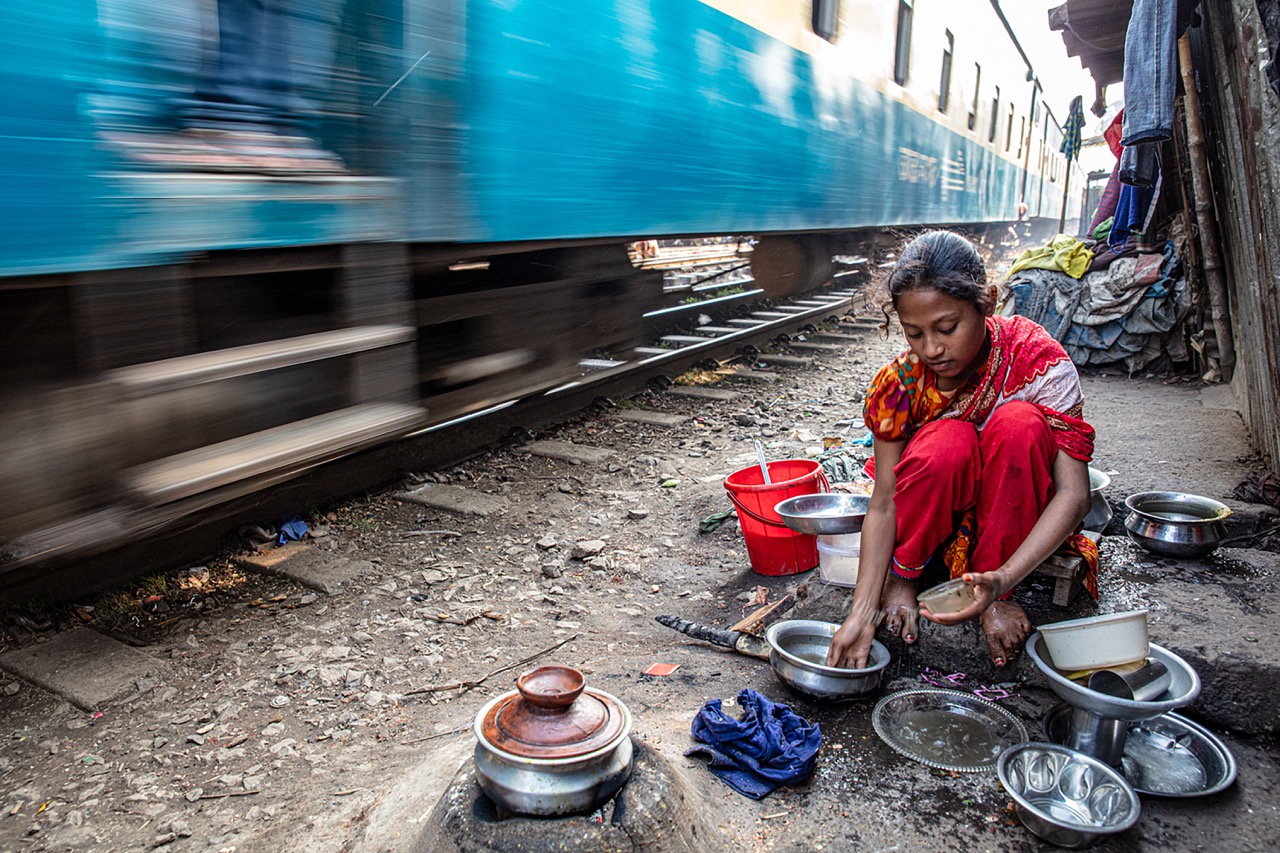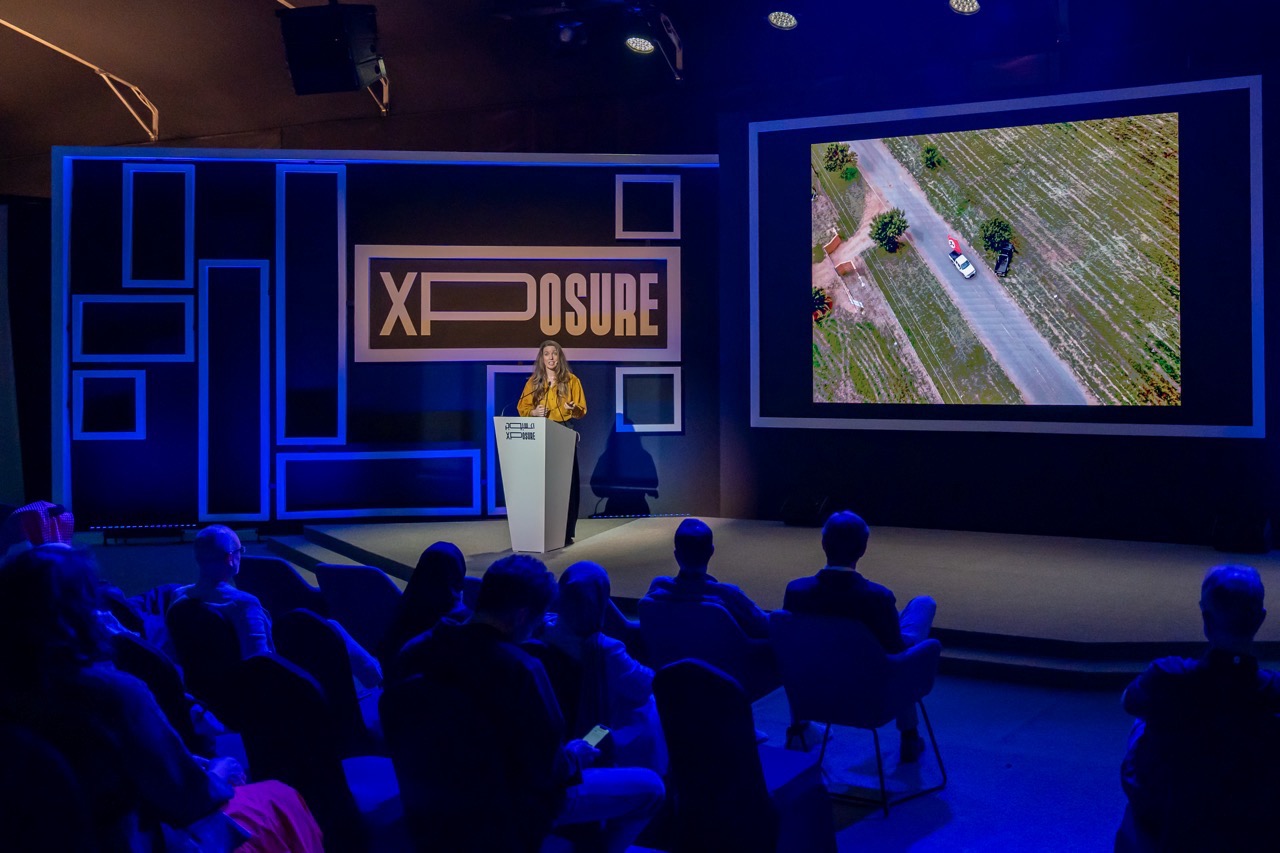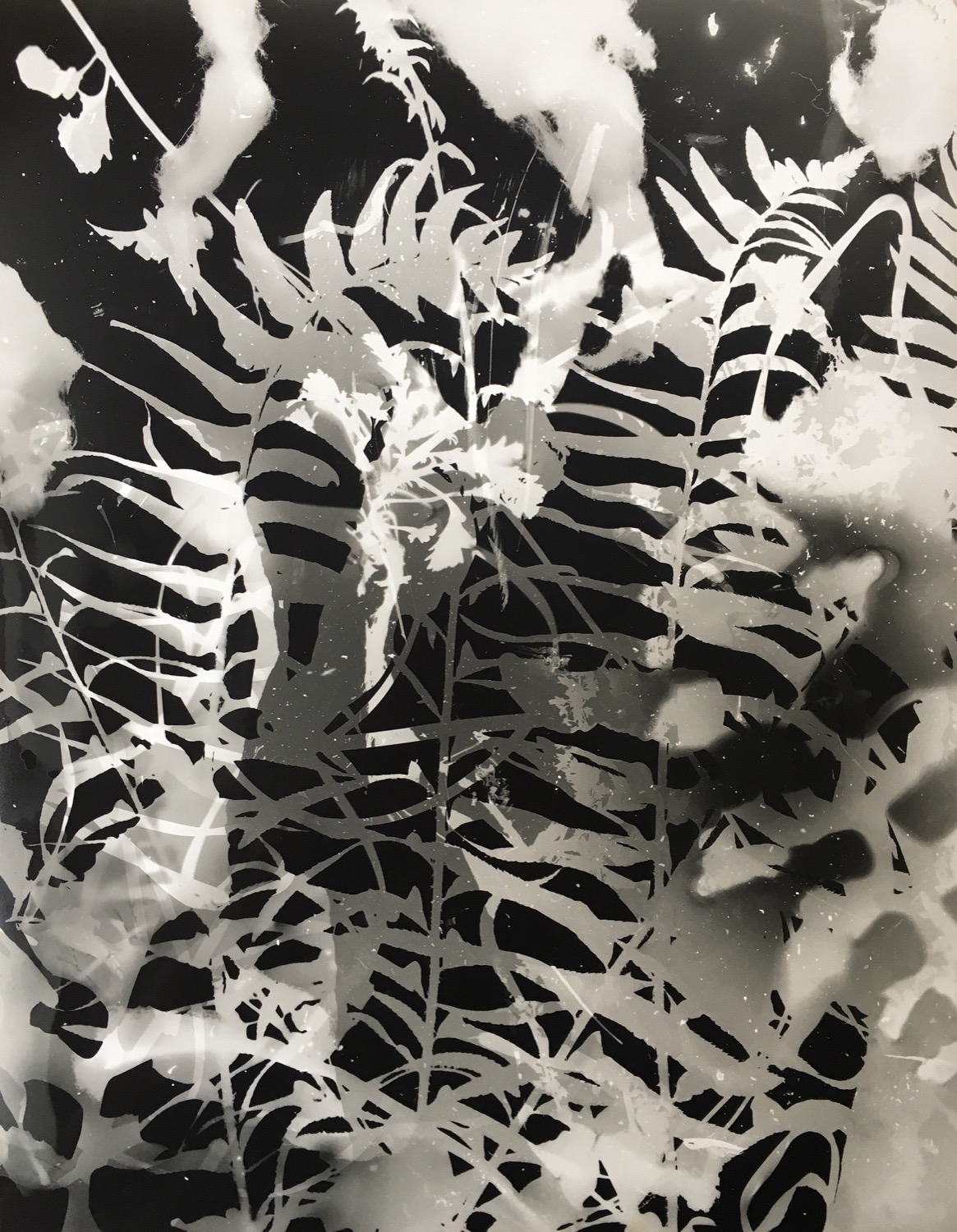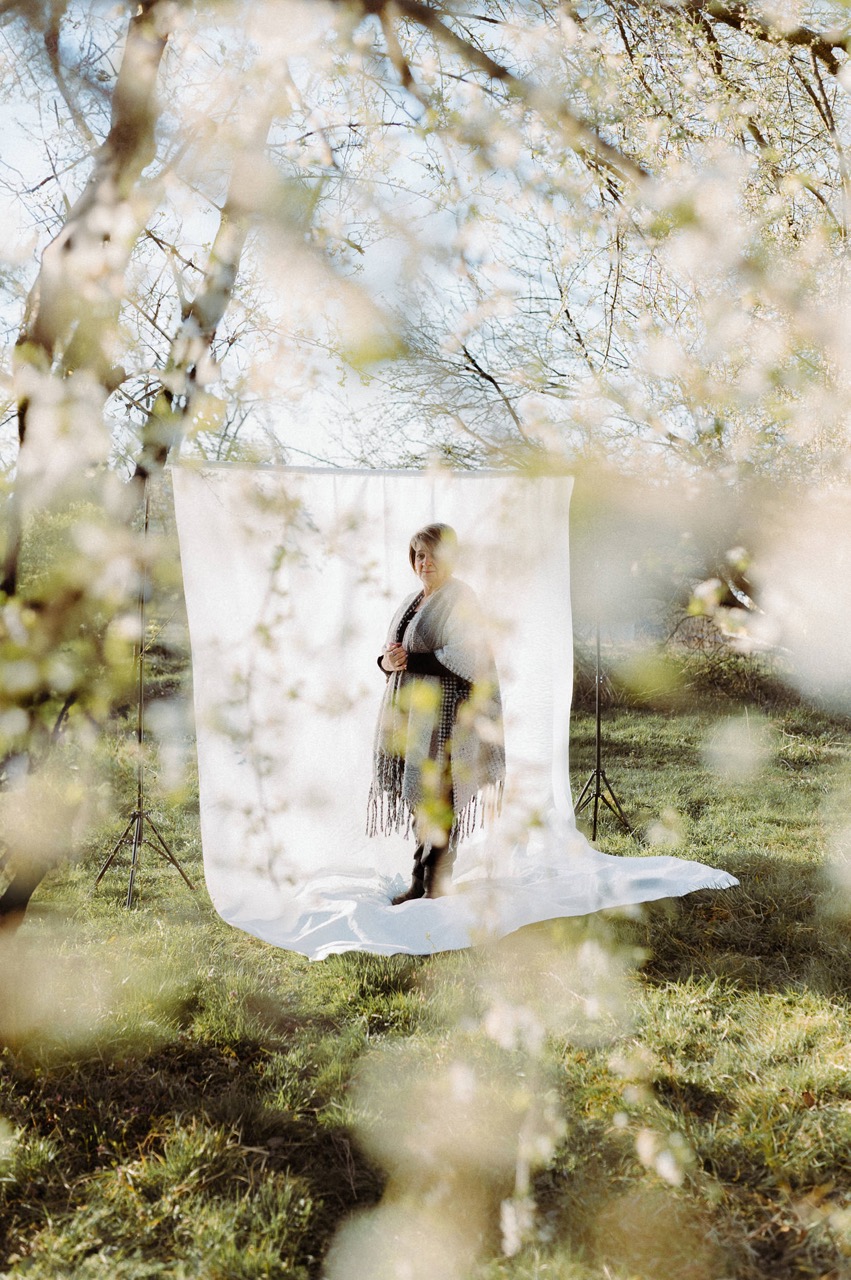
Our embrace will be long, like the waiting
Tomislav Marcijuš
This project traces Marcijuš’s mother’s journey between Baranja and Bosnia.
Artdoc

This project explores memory, migration, and the fragile notion of home through the journey of Tomislav Marcijuš's mother between Baranja and Bosnia. Blending archival material and photography, it traces generational loss and belonging. Fragmented like memory itself, the work becomes both personal and universal—a quiet tribute to lives shaped by movement and longing.
Payment Failed
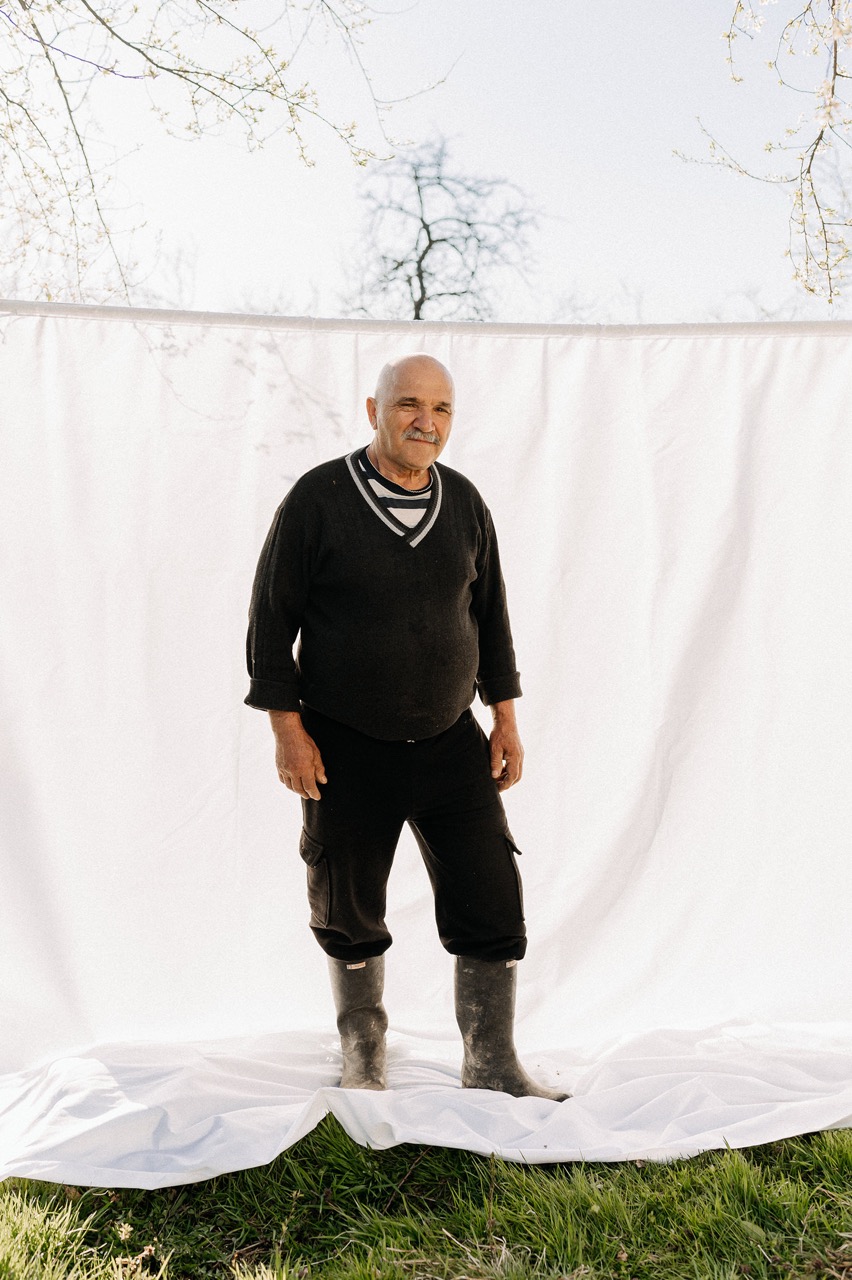
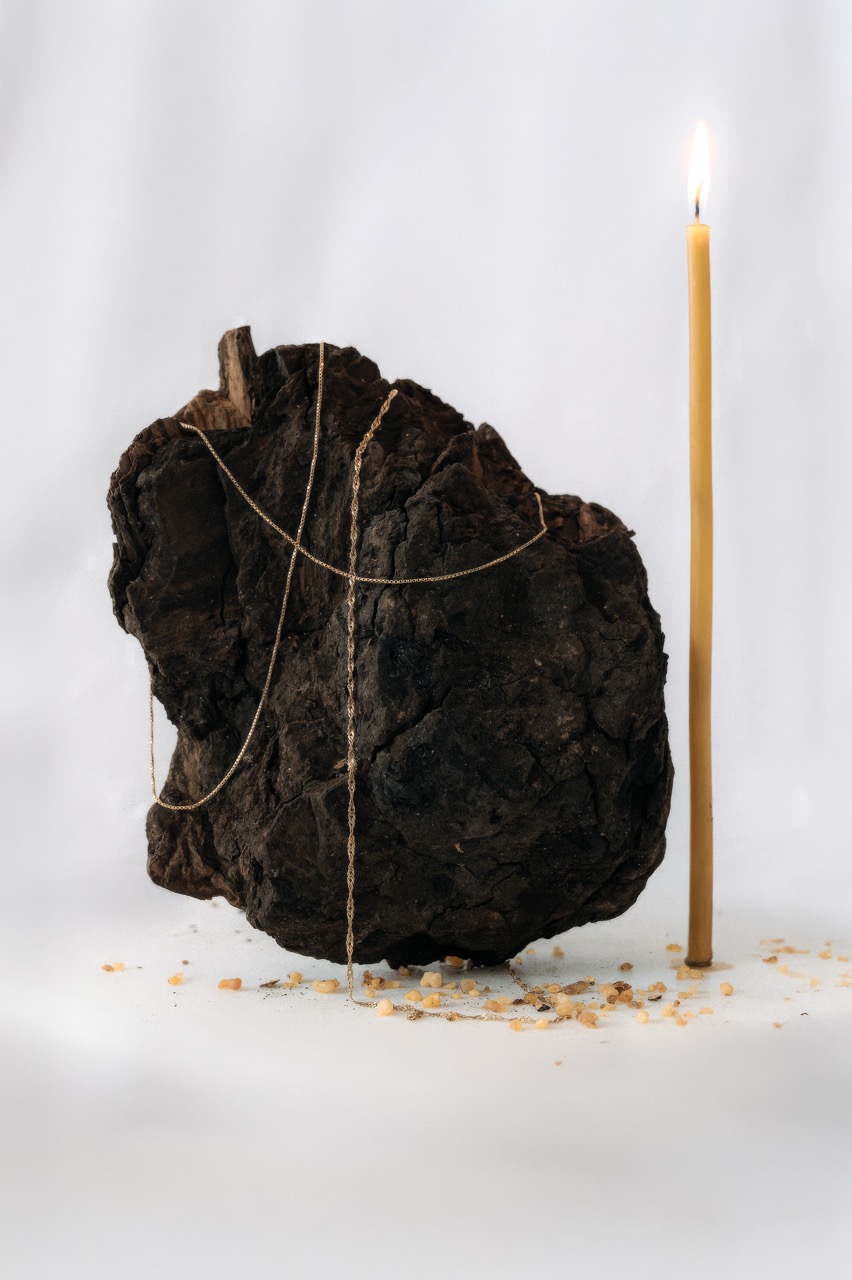
Tomislav Marcijuš: This project is a profound exploration of memory, loss, and the evolving concept of home. Through photography, I trace my mother’s movements between Baranja, where she raised me, and her native village in Bosnia—a tranquil space frozen in time, yet rich with history. What began as a way to document her daily rituals soon transformed into a layered investigation of family, migration, and the invisible burdens carried across generations.
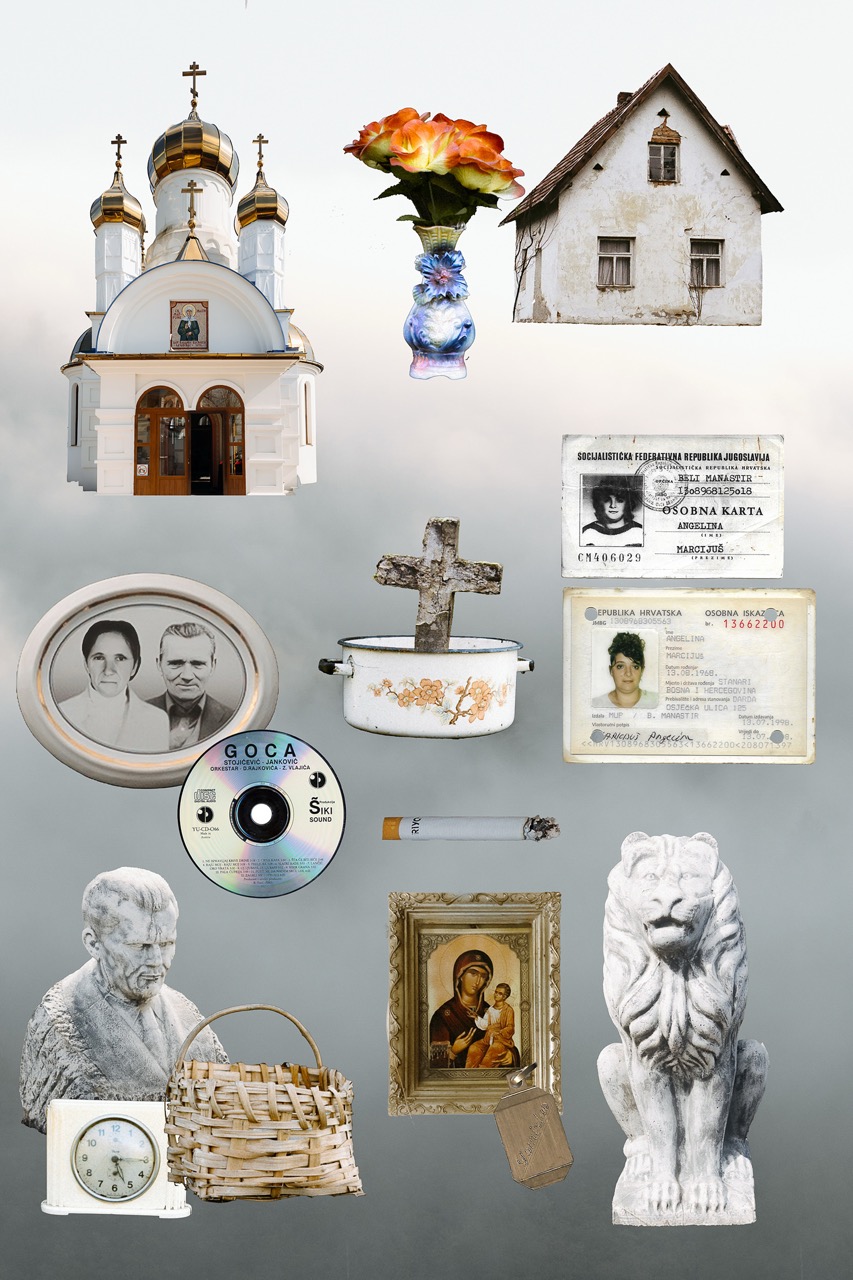
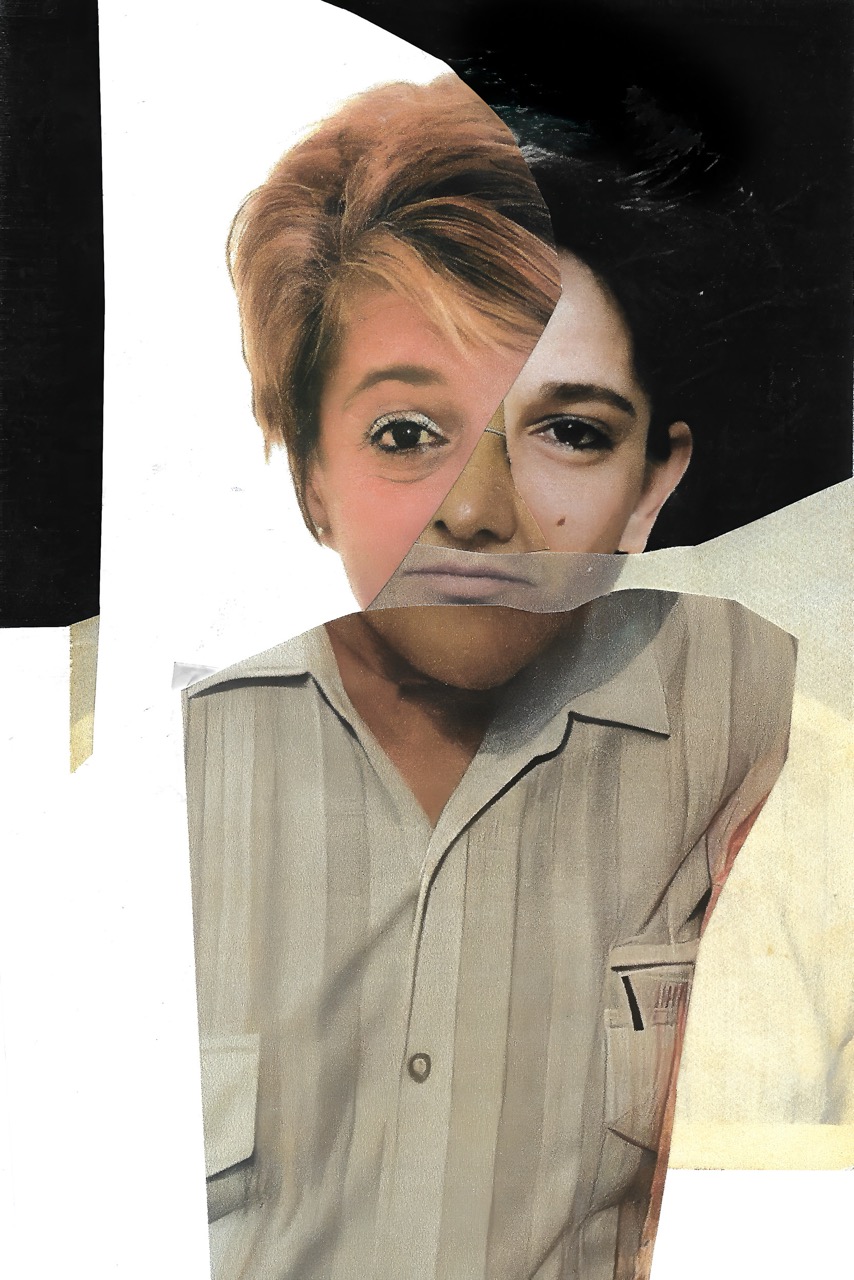
Using a mix of archival materials, still photographs, and visual fragments from our shared and inherited pasts, I strive to construct a narrative that defies linearity. Instead, it flows like memory itself—fragmented, emotional, and intimate.
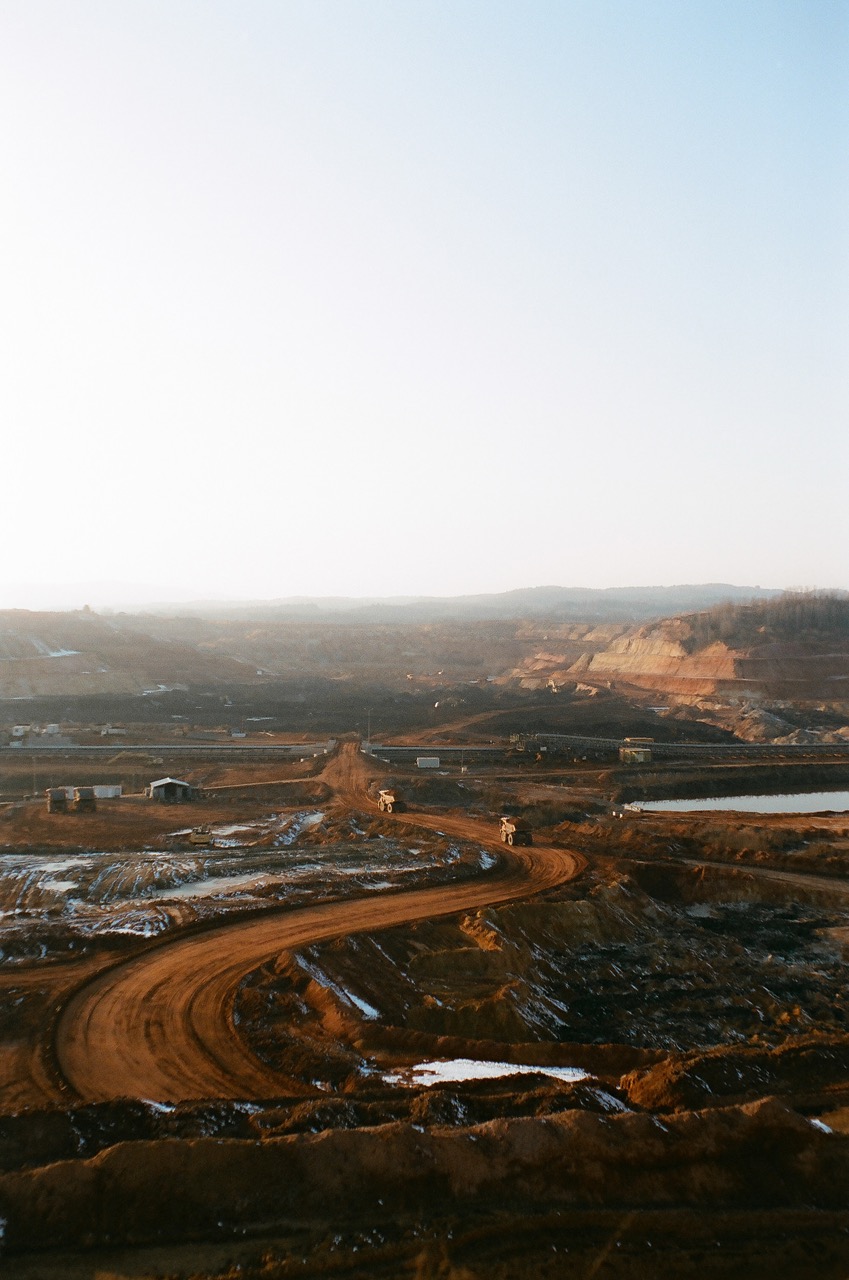
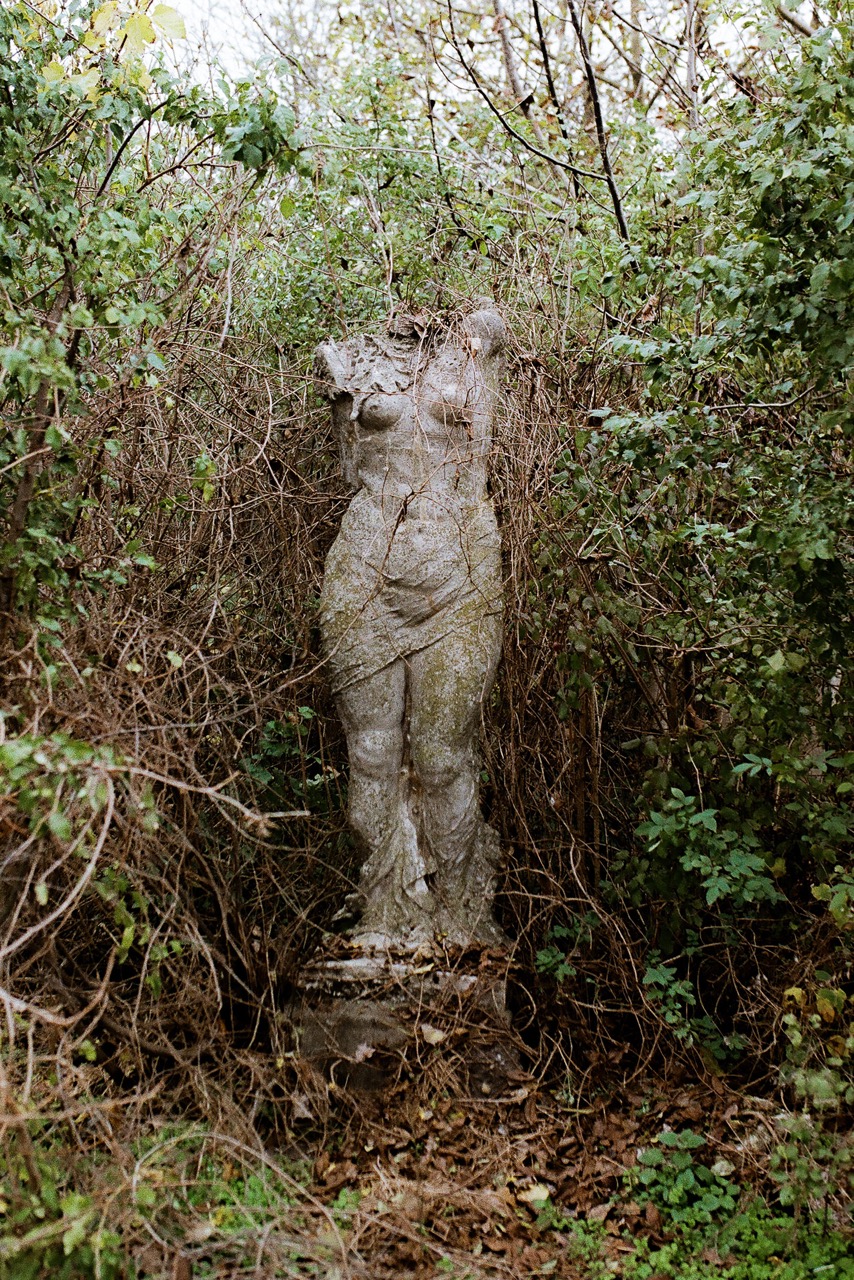
This work is not merely about her, or even about us, but about many who inhabit in-between places, whose identities are shaped by departure, return, and the yearning for something just out of reach. I am interested in how photography can serve both as evidence and as myth; how it preserves while also distorting. I perceive the camera as a tool for both witnessing and healing.
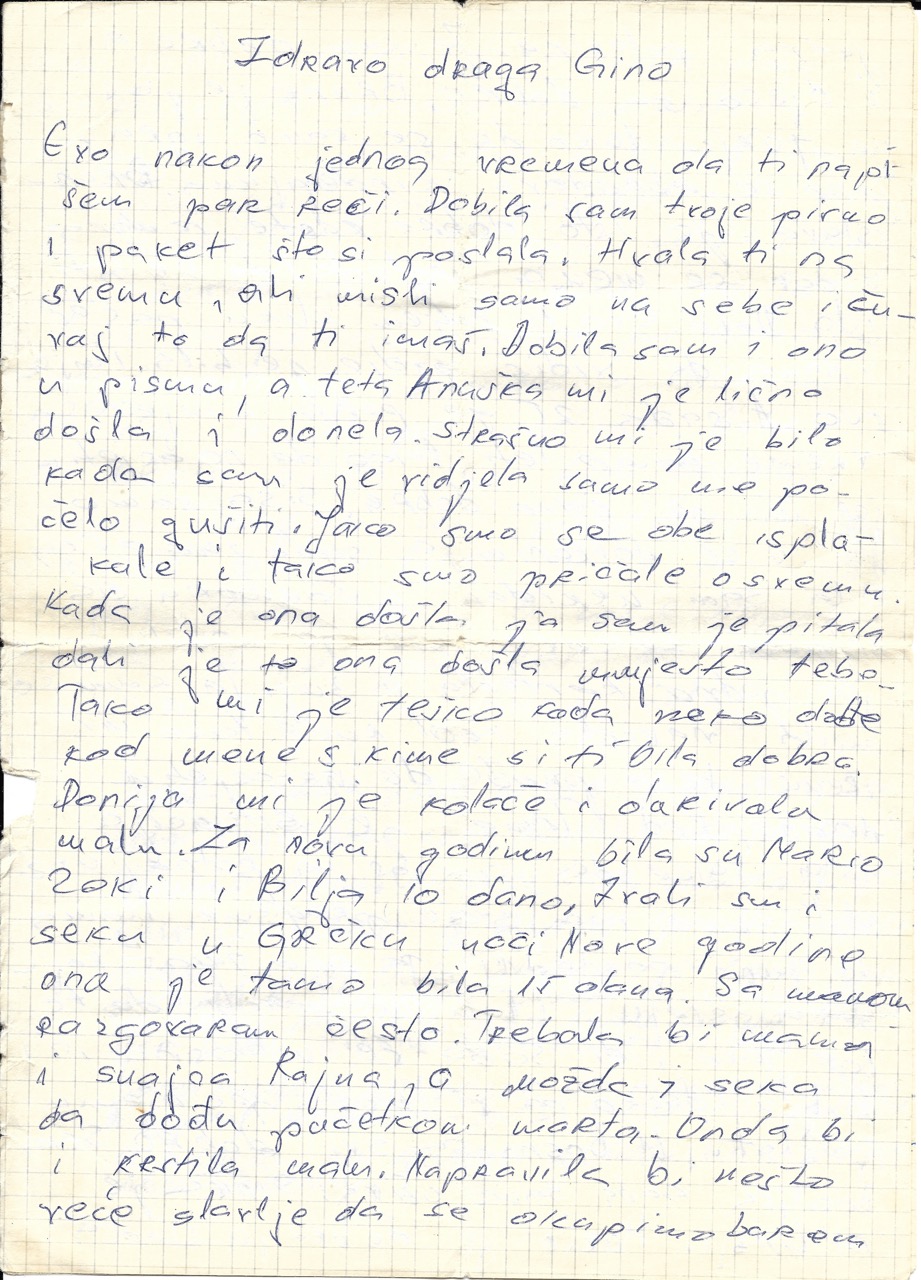
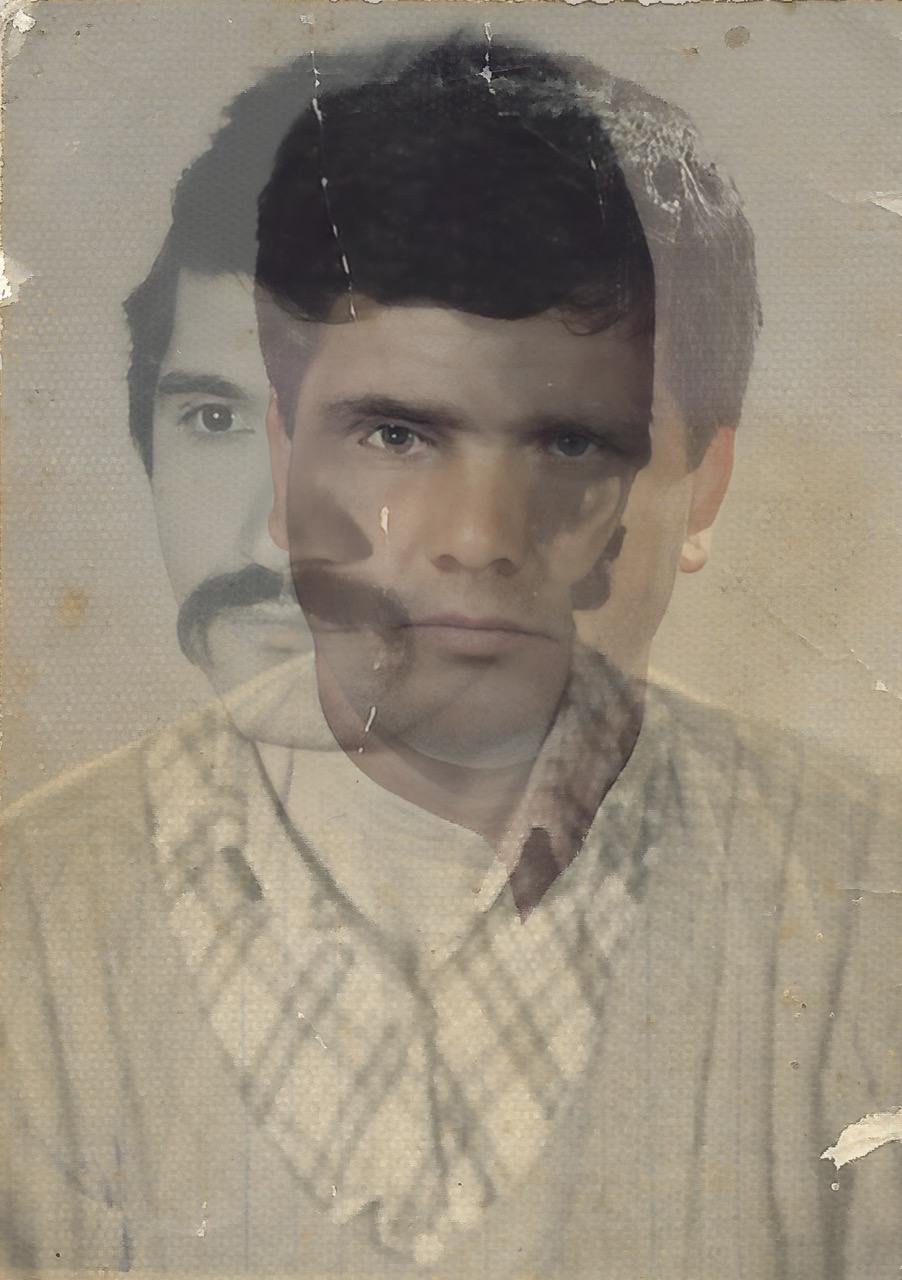
This project provided me with a space to grieve, to remember, and ultimately to reconnect. As I near fifteen years of working with photography, this body of work feels like a return to something essential—an embrace between the personal and the intimate. It is, above all, a love letter to my mother and to all the quiet lives that carry entire worlds within them.
About
Tomislav Marcijuš is a Croatian photographer with fifteen years of experience in documentary, contemporary, and travel photography. His work explores themes of memory, identity, migration, and belonging, often drawing from personal and collective archives. He is known for a cinematic, emotionally driven visual style that strongly emphasises atmosphere and storytelling. Based in Croatia, he travels across Europe for commissioned work and personal projects. He balances commercial assignments with long-term artistic explorations, including a recent project about his mother’s journey between Baranja and Bosnia. Through photography, he aims to create intimate, timeless images that resonate with universal human experiences.
.svg)
.svg)
.svg)

